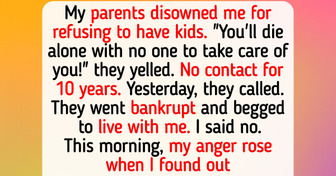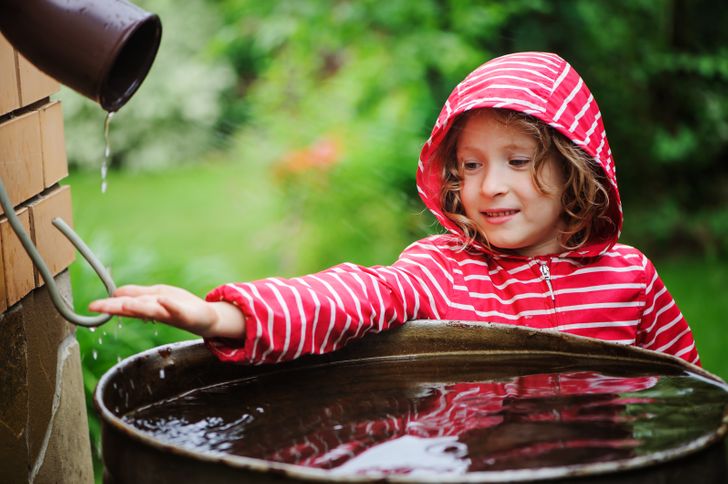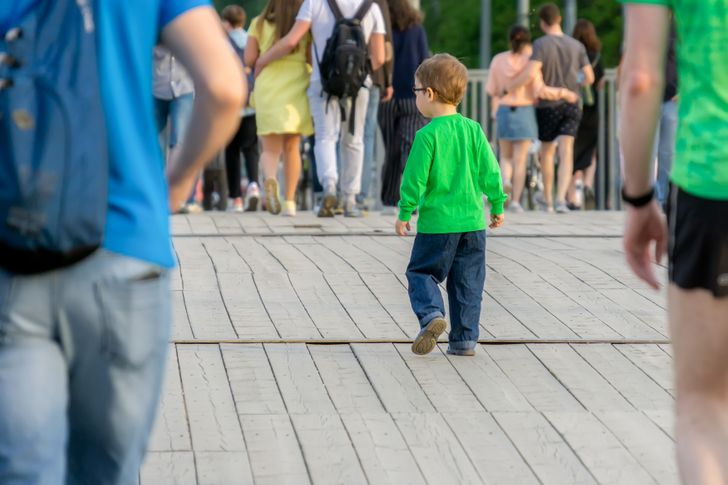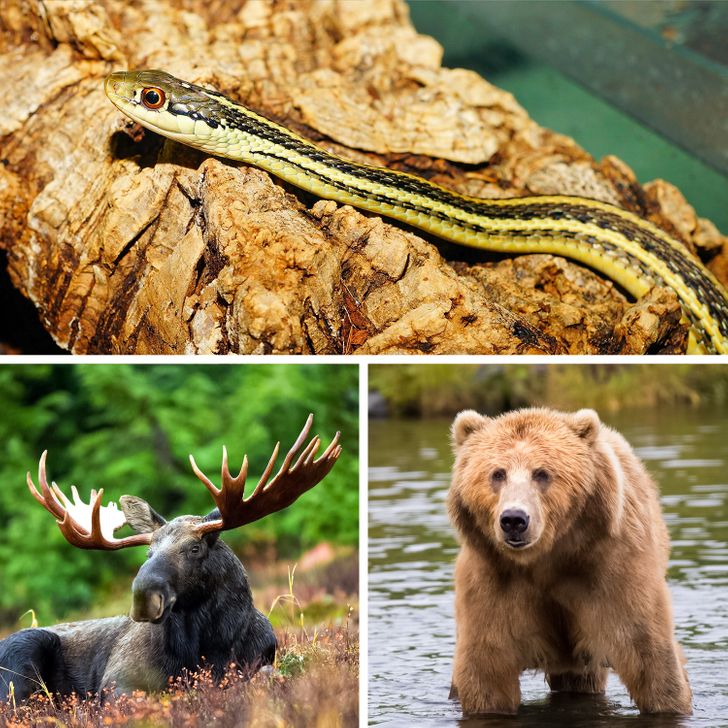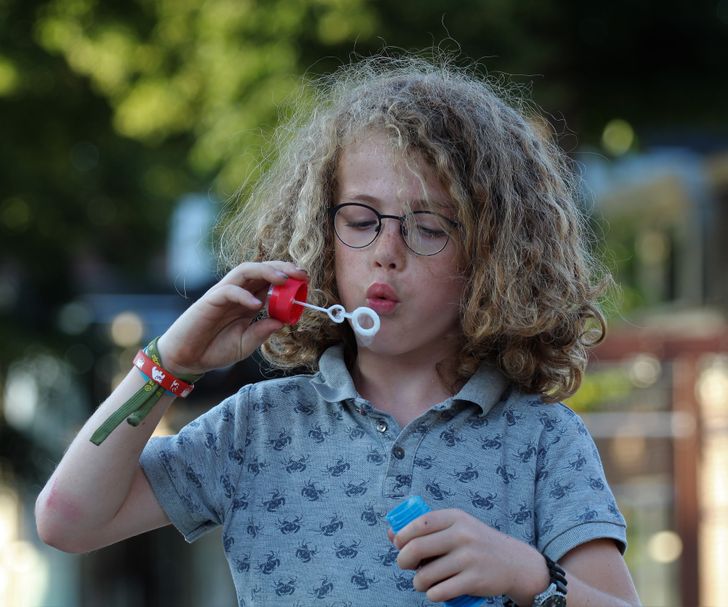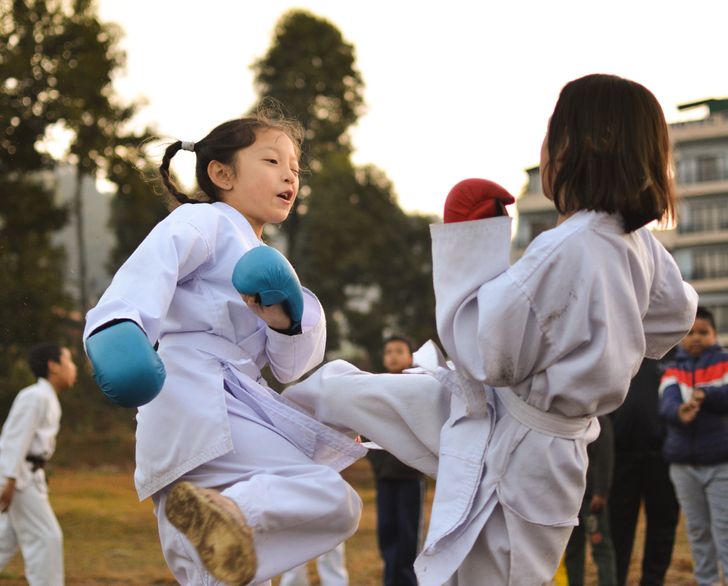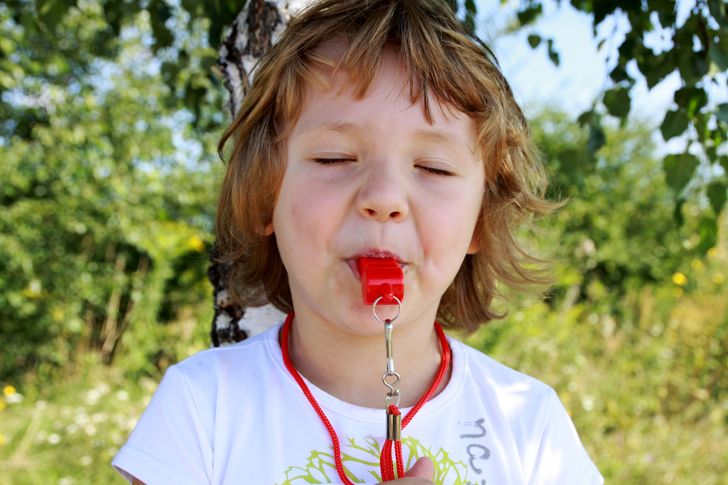My mom always valued being able to swim and when I was 12 I realized how important it is... that's why I made it a goal to get a lifeguard license so when I ever need to safe someone I can do it!
10 Survival Skills Every Parent Ought to Teach Their Child
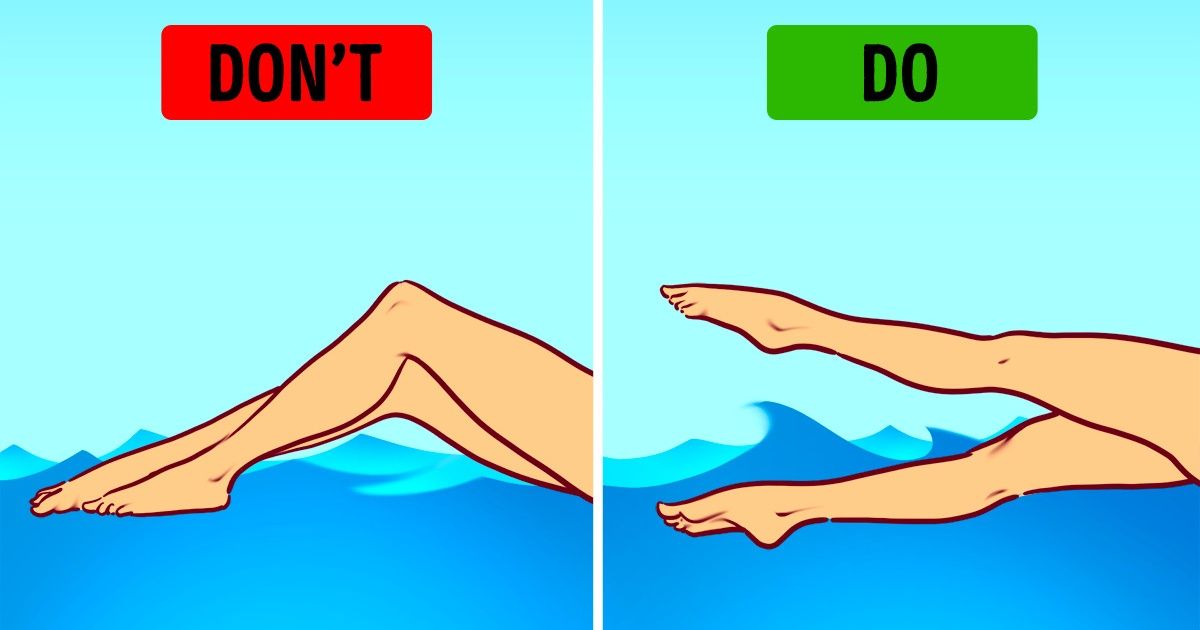
Last year, a 4-year-old child in Somerset, New Jersey saved her mother’s life after finding her unresponsive and calling the police. This just goes to show you just how important knowing how to deal with an emergency, as well as other life skills, can really prove to be for children. This article will cover how to teach kids to remain calm and positive in certain situations, defend themselves, manage their time, and much more, and this can one day say their lives or somebody else’s.
Today, Bright Side is going to tell you about important life skills that every child in the 21st century should know.
1. Save yourself from drowning
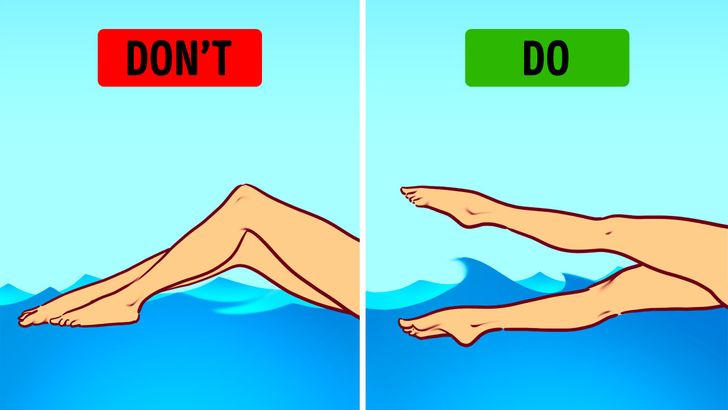
When we’re in the water and feel like we’re losing control, our natural instinct is to flail our arms due to panic. But you should teach your kids to fight their instincts rather than the water, and this could save their life!
Teach them to float by keeping their back straight, forming a straight line with their legs, and performing little kicks to get back to the surface.
2. Build a fire
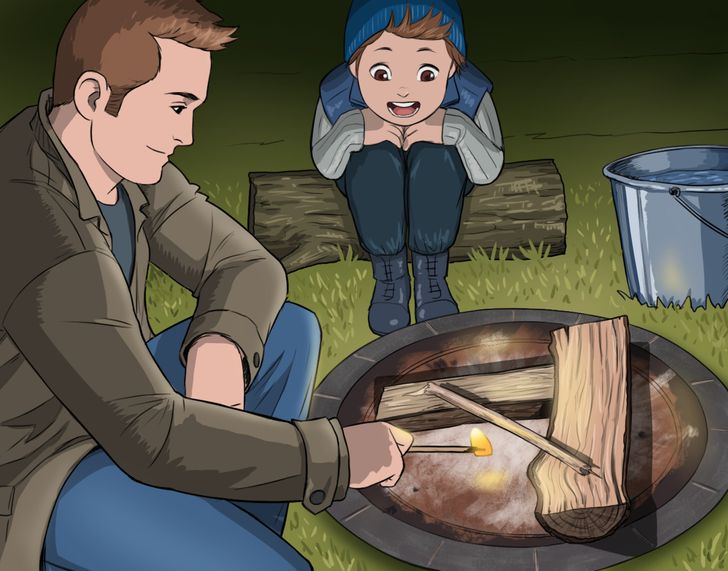
You can do this with the help of a few clearly defined steps. At the very beginning, it is a good idea to assemble your safety tools, like a bucket of water to ultimately put out the fire. Then, you will need to gather wood — the ideal pieces are 3 to 8 inches long. Also, make sure the wood is dry.
Then, you need to stack the wood into a structure using the A-frame method. Finally, it’s time for ignition — you will want to teach your kids to strike a match away from themselves. Not only can this teach your child to be more organized, but it is also a crucial survival skill should they ever be stuck in the wild.
3. React to an emergency
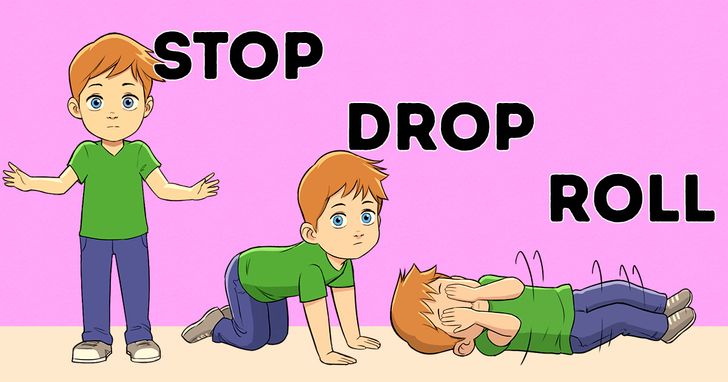
Of course, your child isn’t expected to know how to react in major emergencies, but it’s a good idea to teach them how to deal with more minor issues like applying pressure to a bleeding wound, the “stop, drop, and roll” technique when caught on fire, using ice on an injury, and last but not least, knowing when to call the police.
The “stop, drop, and roll technique” is pretty simple — all they need to do is stop what they’re doing, drop down to the floor, cover their faces, and roll over with their legs straight. To deal with bleeding wounds, teach them to apply pressure on the wound with the palm of their hand for around 5 minutes.
To use ice for relief, teach them never to apply ice directly onto the skin, but rather to wrap it in a towel and not to leave it on for more than 15-20 minutes. Emergencies happen all the time, so it’s crucial for kids to know these important tricks.
4. Collect rainwater
You can easily make your own DIY rainwater collection system, and it can be a fun activity to partake in with your child. An easy way to do so is by installing a rain barrel. This consists of a large drum placed outside your residence that is connected to the roof with pipes. Don’t forget to cover it up with a lid to keep mosquitoes away.
5. Staying safe if they ever get lost
One of the scariest things for a child and a parent is getting lost. It can happen to anyone, but it’s always better to be prepared. The first 2 things you should teach your child is your phone number and to stay in one place, no matter if they get lost in a forest or a crowded area.
If this happens, your kid should know that in this instance, talking to strangers can actually help them. Still, they shouldn’t ask for help from just anyone — only mothers who are with a child.
While camping in the forest, kids can easily get lost while running around and playing. If they don’t have water and food with them, they should know to find water first, because you can go longer without food. They should never go near lakes, rivers, or other bodies of water. Instead, they should collect dew from leaves.
Next, teach them not to sleep on the ground. The ground is cold and can suck all the heat from the body. Show them how to make a bed from nearby materials like leaves and branches. Once the mattress is finished, use the same materials as a blanket.
Tell them not to eat anything. And even if a lot of time has passed, they must know to stay away from plants, berries, and mushrooms because they can be poisonous. To make this easier, they should always keep some energy bars in their pocket that are reserved especially for emergencies.
6. Stay safe from wildlife
This is extremely important, as it can be the difference between life and death. Depending on where you live and what types of animals are around, teach your kids basic techniques that they can use if they ever come face to face with a wild animal. If your child is in an area that is known to have snakes, teach them to never approach them or try handling them, to never put their hands and feet in places they can’t see, to never pick up sticks or branches while swimming in the river, and to always wear shoes or sandals.
Most people don’t really see moose as dangerous animals, but the reality is, they can be more dangerous than bears. Generally, they are not aggressive, but they can be if they feel harassed, so teach your children not to taunt them or to get too close. Also, your kids must know that if a moose charges, even if it’s bluffing, the safest bet is for them to get behind something solid like a building or a tree.
Encountering a bear in the wild can be terrifying, so it’s not a bad idea to teach your kids how to react in this kind of situation. First of all, if they’re hiking, it is advised that they do so in groups. If they come face to face with a bear, they must clearly identify themselves, never run, remain calm, and make themselves look as large as they can by holding up their arms or a jacket, or by standing on top of a rock. Lastly, they need to get away from the area when the bear moves out of the way. If you’re close to your child and encounter a bear, it’s important to pick them up immediately.
7. Remain calm and positive
Teach your kids to stay calm when faced with a difficult situation. One of the best ways to do this is to employ a “deep breathing” technique, taking long, slow breaths from the belly. To do so in a playful manner, a great technique is to make children blow bubbles.
This activity forces them to take long, deep breaths to carefully blow and create as many bubbles as possible, which is why it’s useful in this case. In life, panicking in difficult situations generally leads to a negative outcome, so teaching kids to stay calm will help them in the future.
8. Dress for the weather
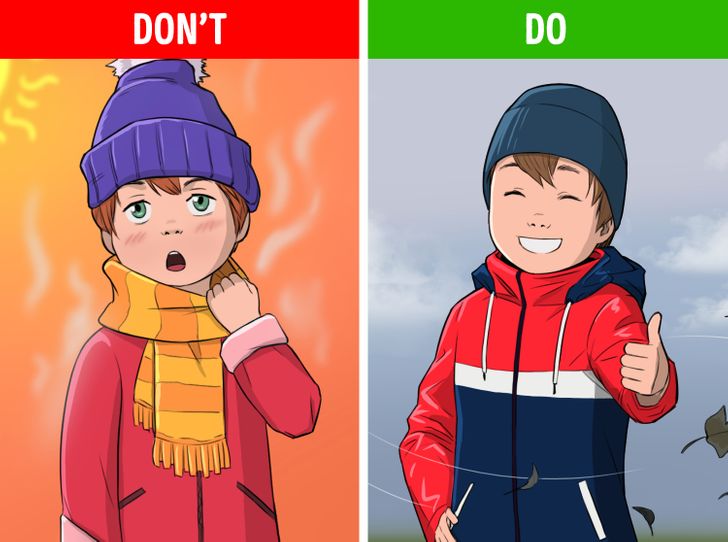
Before going on an adventure, like hiking, for example, ask your kids to pick out their own clothes. Then, assess what they chose, ask them why they picked those particular pieces, and correct them if necessary. Also, don’t forget to teach them to pack sunscreen or mosquito repellant, depending on the situation. As they get used to doing this as a child, it will become a good habit.
9. Learn self-defense skills
Nowadays, in the chaotic world we live in, safety is one of our main priorities. So, to make your child feel more safe, as well as more confident, it’s advised to enroll your child in basic self-defense classes. At the same time, this will also allow them to develop their social skills.
10. Signaling for help
Always put a whistle around your kid’s neck when going into the woods, camping, etc. This is one of the best ways for a kid to signal for help. However, it’s important to teach your child that this is not a toy and that they shouldn’t use it without having a legitimate reason.
Screaming for help will exhaust them quicker, but a whistle won’t. Teach them to blow 3 times, wait a bit, and then again 3 more times. They should repeat this pattern until they’re found. The waiting period is important because if they whistle constantly, no one will be able to hear you or other people calling out and searching for the child.
Do you know of any other survival skills that you believe kids should know? If you do, let us know in the comments!
Comments
I wish I learned how to defend myself in fights, not because I want to fight.. just because I want to feel safe when I am alone in a big city at night
Related Reads
I Refuse to Watch My Teenage Daughter Give Her Entire Salary to Her Boyfriend

11 Stories That Only Worked Because of Kindness

My MIL Demanded Rent for a House That Isn’t Hers, I Turned the Tables

15 Moments That Prove Kindness and Mercy Are Quietly Saving the World

I Charged My MIL for Christmas Dinner, Even Though She’s Always Helped Us for Free

16 Tiny Acts From Strangers That Left Permanent Marks on People

My Manager Tried to Destroy My Career but a Work Argument Showed Them the Truth

10 Moments That Show Kindness Doing the Heavy Lifting
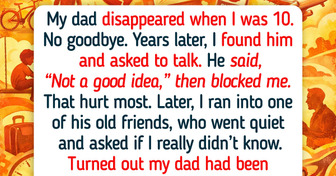
I Refuse to Name My Baby After My Mother-in-Law, She Crossed a Line

My MIL Humiliated Me in Front of Family, So I Exposed Her Secret
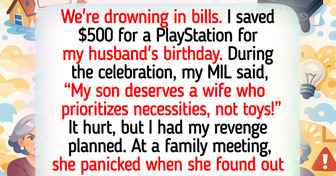
I Refuse to Sacrifice My Retirement to Help My Unemployed Son, I’m Not His ATM

My Parents Mocked Me for Being Childfree—Now They’re Living the Irony
